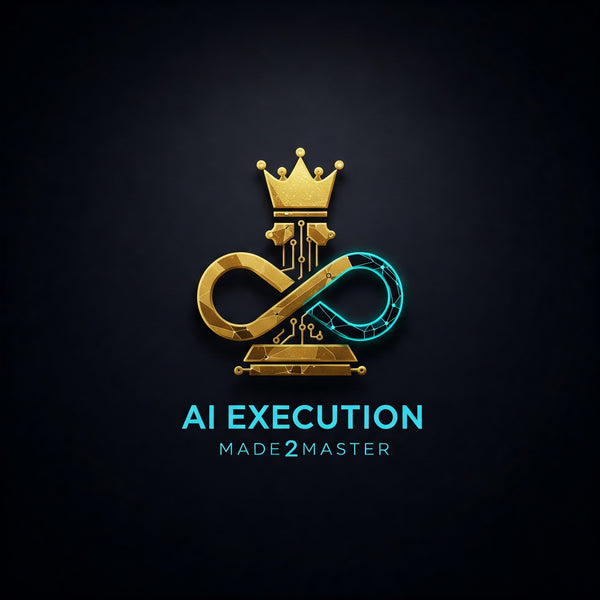Eivor the Balanced Warrior – Duality of Strength and Stillness
Share
⚔ Eivor the Balanced Warrior – Duality of Strength and Stillness
Eivor isn’t just a Viking. Eivor is balance personified. Too many reviews reduced them to “a generic open-world protagonist.” But those who watched Eivor move — not just fight — saw something deeper. You weren’t just playing a raider. You were embodying a dual code: warrior and philosopher, myth and memory, steel and silence.
🧠 The Inner Conflict No One Talked About
Underneath every axe swing was a question: “Am I following fate, or escaping it?” Eivor was haunted. Not by guilt, but by legacy. Their connection to Odin wasn’t just lore — it was a **living metaphor for destiny anxiety.** The fight to be yourself… while carrying the weight of a god.
This is **thematic execution**, not filler dialogue. It’s rare. It’s layered. It’s hidden beneath the surface of every conquest.
⚔ Not Arthur Morgan — and That’s Okay
Eivor doesn’t match Arthur in cinematic tragedy or emotional vulnerability. But **they match him in moral evolution**. - Arthur sought redemption. - Eivor seeks **meaning** in a fragmented myth. They’re not about *emotion* — they’re about *ritual*. One bleeds out. The other fades into legend.
🌬 The Calm Behind the Rage
Listen to Eivor’s pauses. - In the meadows of Cent. - Watching the auroras in Norway. - After building Ravensthorpe’s tattoo shop. These aren’t just idle moments — they’re spiritual decompression. Ubisoft encoded **philosophical breathwork** into a Viking epic. And most players missed it.
🧬 Dual Gender, Dual Spirit
The “choose your Eivor” option wasn’t cosmetic — it was symbolic. You could shift between male/female to align with **Odin’s data stream vs. real-world perception**, meaning the gender toggle was actually a **layered AI consciousness mechanic** disguised as preference.
It blurred myth and reality, control and chaos. And the deeper you played, the more you questioned: “Who is speaking through me?”
🧠 Made2Master™ Takeaway:
Eivor isn’t a loud character. But if you listened closely, they said more about identity, fate, and power than most protagonists ever do. You weren’t just leading a Viking clan — you were decoding a broken memory of who you might become.


